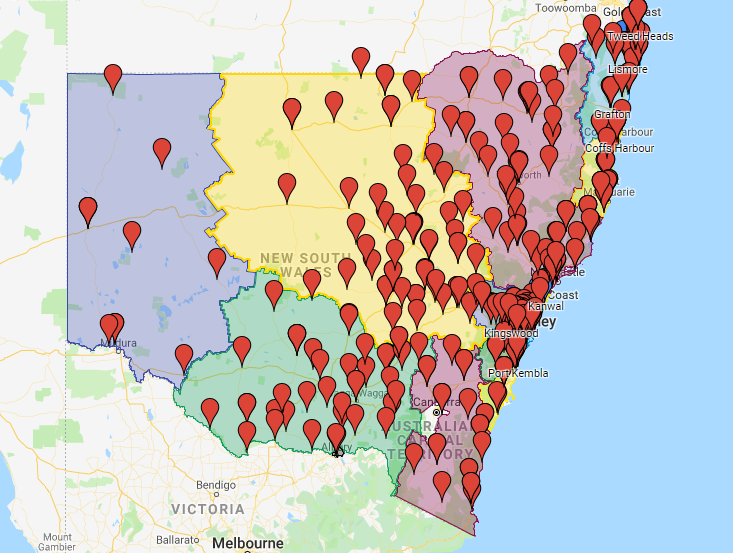More than 22,000 people across NSW have been cured of hepatitis C (hep C) using take home treatments since 2016. We’re getting closer to NSW Health’s goal of eliminating hep C within the next 10 years.
“Thanks to groundbreaking medications, the elimination of hepatitis C is now an achievable goal.” - Dr Kerry Chant, NSW Health Chief Health Officer
Hep C is a blood borne virus that causes liver infection; it is slow acting and can cause severe scarring and damage to the liver that creates long-term health problems. You could have hep C for several years without knowing it because symptoms can take years to appear. You also can’t tell that someone has it just by looking at them.
The virus is passed on through blood-to-blood contact and can be transmitted through tiny non-visible amounts. The most common way of passing on hep C is by sharing injecting equipment, which means those injecting recreational or performance-enhancing drugs are particularly vulnerable to the virus.
Preventing infection
If you’re sharing or coming into contact with any of the following injecting equipment you are at greater risk of acquiring the virus.
- Needles and syringes
- Swabs
- Spoons
- Tourniquets
- Water
- Filters
Hep C can survive outside the body from around 12 hours to a few weeks, usually no more than four days, so if you’re injecting drugs use sterile equipment every time.
Sterile injecting equipment is available through Needle and Syringe Programs (NSPs) across NSW. Use the following map to find an NSP Outlet near you.

“I might have had it for up to 20 years – I was shocked to be diagnosed because I had no idea at all.” - Jase Bell, Hepatitis NSW community speaker
Signs and symptoms
Liver cells get damaged when the hep C virus reproduces itself. According to the not-for-profit community organisation Hepatitis NSW, hep C doesn’t always make people feel sick however when they do, they might experience the following symptoms:
- Flu-like symptoms
- Fatigue
- Vomiting
- Muscle aches
- Abdominal pain
- Joint aches
- Dark urine
- Jaundice (yellowing of the eyes)
Hep C can now be treated quickly, effectively and with less side effects than old interferon treatments. The cure is available to everyone, the first step is getting tested.
Get the test
You should speak to your doctor about getting a hep C test if you have ever injected recreational or performance-enhancing drugs. Visit your GP or the DBS website to get tested.
The Dried Blood Spot (DBS) is a new, free, easy and private way to test for hepatitis C. Just take a few drops from your finger, mail the test back and get your results by phone, text or email. You don’t need to go to a clinic or see a doctor to do this test. Visit
hivtest.health.nsw.gov.au for more information.
Get the cure
This week is Hepatitis Awareness Week, concluding with World Hepatitis Day on Sunday 28 July.
New oral pill treatments available now are proving to be more effective than ever, with a reported cure rate of 95 per cent and less side effects than old interferon-based treatments. They can be prescribed by any GP and can cure the virus within eight to 12 weeks.
“Fortunately, I was able to be treated and cured within a few short months. I would absolutely recommend the treatment to anyone living with hep C. Just do it.” - Jase Bell, Hepatitis NSW community speaker
Hepatitis NSW CEO, Stuart Loveday, said the new oral treatment is “revolutionary compared to the previous combination pill and injection treatments which took longer, had more side-effects and lower cure rates.”
There is an estimated 58,000 people living with hep C in NSW. This week NSW Health and Hepatitis NSW are encouraging those people to seek treatment and cure.
For further information on Hep C prevention, how to get tested and access treatment visit
hepc.org.au or call the Hepatitis Infoline for confidential information, support and referrals in NSW on
1800 803 990.
For free and confidential advice about alcohol and other drugs 24 hours, 7 days a week, call the Alcohol Drug Information Service (ADIS) on
1800 250 015.
